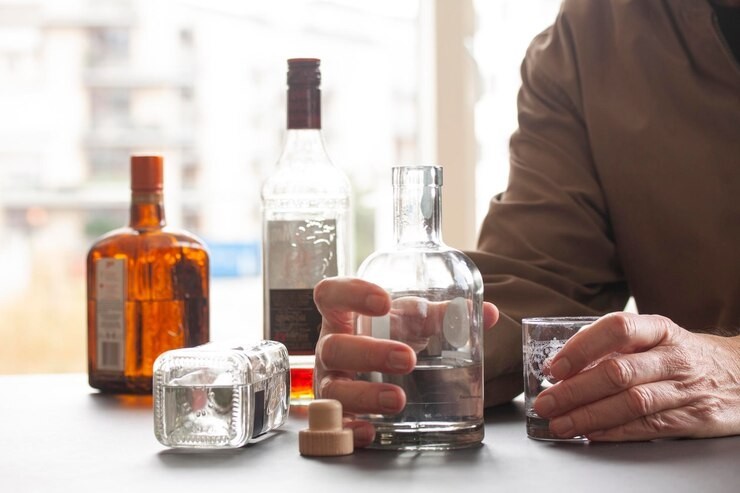Addiction recovery is a very personal journey characterized by the challenge of withdrawal in addition to the pursuit of sobriety. Anyone starting this journey needs to have a clear understanding of the withdrawal period duration and types of withdrawal symptoms. This blog sheds light on what people can anticipate from the withdrawal process, serving as a ray of hope and comfort during a trying period.
Withdrawal period duration
As you prepare yourself for the initial difficulties of withdrawal, remember that resources such as the Pennsylvania Recovery Center can provide both medical and psychological support to people during these crucial initial days.
Day 1 to Day 3: The Early Challenge
The start of the journey is toughest. Here, the body gets used to not having the usual substance. Symptoms might kick in just hours after your last dose. You may feel anxious or can’t sleep, feel sick, and feel physical discomfort. For drugs like opioids and alcohol, this stage might also include severe physical symptoms. You may sweat, shake, or even feel your heart run.
Days 4–7: Maximum and Minimum
Many people encounter a peak in signs of withdrawal by the fourth day. Although these symptoms can be extremely severe, they usually start to get better by the end of the first week. When the physical signs lessen, emotional symptoms like anxiety, sadness, and cravings may continue or even get worse.
Weeks 2-4: Stabilization and Emotional Volatility
The acute ailments usually go away after the first week, but mental and emotional symptoms may still exist. Cravings, mood swings, and irregular sleep schedules might persist during this time. This is a critical period for counseling and emotional support to address the root causes and create coping mechanisms.
After Month 1: Ongoing Rehabilitation
After the initial month, attention turns to ongoing rehabilitation and coping with the mental side of dependence. Some might notice lingering withdrawal symptoms, termed as post-acute withdrawal symptoms (PAWS), like continued depression, unease, and sleep issues. Gradually, these symptoms decline, but the timeframe is unique for everyone.
Getting Through Withdrawal: Resources and Support
Although the idea of withdrawal can be frightening, it’s critical to keep in mind that it’s a transient but essential step on the road to recovery. Participating in therapy, support groups, and professional treatment programs can offer the direction and assistance required to manage withdrawal safely and efficiently.
Wrapping up
To put it simply, withdrawal periods are different for everyone. Consider contacting Philly Recovery Residence for direction and assistance during this demanding yet rewarding journey. There, you’ll find a community prepared to stand by you at every turn. Give Detox a call right now at 610-233-4342.Now is the time to begin your recovery journey and take back the life you deserve.




